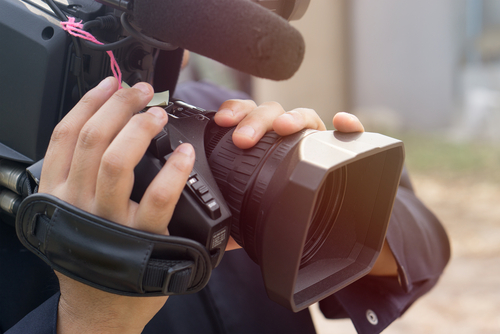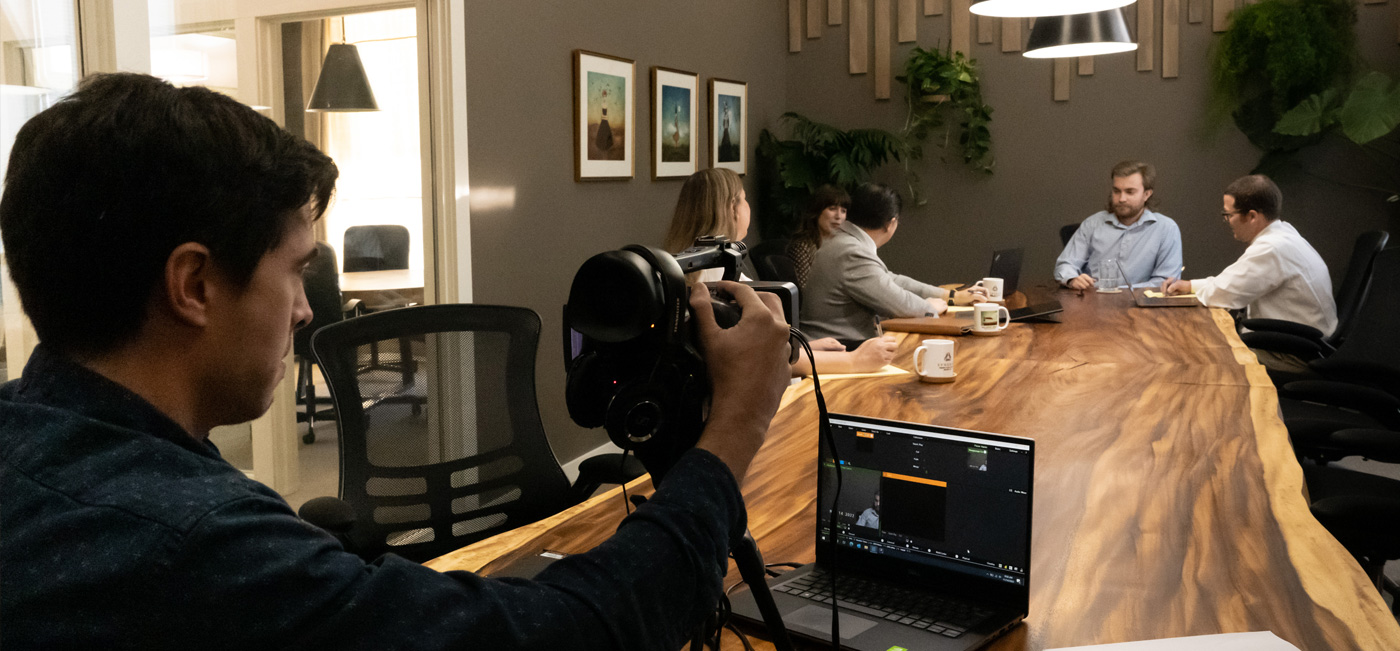Looking Into the Devices of Lawful Videography: Unveiling Its Procedure in Shielding Genuine Visual Testament for Judicial Process
In the realm of judicial proceedings, the duty of lawful videography stands as a cornerstone in protecting and presenting visual proof. As technology continues to breakthrough, the systems behind legal videography have come to be significantly complex, using a vital layer of credibility to testaments captured on video.
Historic Development of Legal Videography
Examining the historic progression of lawful videography exposes a substantial change in the catching and presentation of visual proof within the legal landscape. In the past, legal proceedings heavily depended on composed records and photos to record occasions and offer proof. With the development of video clip technology, the lawful sector witnessed a standard change in how visual testimony was captured and provided.
The evolution of legal videography can be mapped back to the late 20th century when developments in video clip recording equipment made it more accessible for use in courtrooms. This technological innovation not only improved the accuracy and dependability of visual proof yet additionally changed the way instances existed to discretionary (Legal Videography). Lawyers started to identify the influential power of video clip recordings in conveying emotions, subtleties, and non-verbal signs that created pictures or transcripts alone can not record effectively

Modern Technology Improvements in Video Documents
What crucial technical advancements have changed video documents in the lawful field? The lawful area has seen substantial advancements in video documentation innovation that have actually improved the credibility and reliability of aesthetic evidence in judicial process.
In addition, innovations in video clip encryption and watermarking innovations have boosted the protection and tamper-proof nature of video clip proof, protecting it versus unapproved changes or meddling. The advent of cloud storage space remedies and remote accessibility capabilities has streamlined the storage, access, and sharing of video clip proof, promoting smooth cooperation among lawful experts and making certain reliable accessibility to critical visual testimonies when required. These technological advancements in video clip paperwork have definitely reinvented the legal field, boosting the precision, trustworthiness, and admissibility of aesthetic proof in judicial procedures.
Function of Lawful Videographers in Courtroom Setups
The development of video clip documents technology in the legal area has required an essential duty for lawful videographers in court room setups, making sure the stability and dependability of visual testimonies offered throughout judicial proceedings. Legal videographers play an essential function in capturing and protecting precise aesthetic evidence that can be crucial in litigation. Their responsibility encompasses establishing up equipment, recording process, and producing high-quality videos that accurately reflect the events in the court room.
In court room settings, legal videographers should follow stringent guidelines and criteria to maintain the credibility of the visual document. They have to possess a keen eye for detail and a thorough understanding of lawful procedures to make certain that the video footage they capture is a true depiction of the events that took place. Furthermore, lawful videographers commonly work carefully with lawful teams to make sure that the video clip proof straightens with the situation's needs and can be efficiently presented in court to support the lawful arguments being made. In general, the function of lawful videographers in court room settings is important in promoting the principles of justice and guaranteeing the openness of lawful proceedings.

Ensuring Admissibility and Honesty of Video Clip Proof
To preserve the reputation of aesthetic evidence offered in legal process, making certain the admissibility and honesty of video clip proof is a crucial duty for legal videographers. Admissibility refers to the approval of proof by the court, and for video clip evidence to be acceptable, it must satisfy particular Read More Here requirements. Lawful videographers play a crucial duty in guaranteeing that the videos they record abide by the policies of proof, such as relevance, integrity, and authenticity.
Honesty of video clip proof entails preserving the creativity and accuracy of the footage from the moment it is tape-recorded till it is provided in court. This includes firmly storing the video clip files, recording the chain of safekeeping, and stopping any type of meddling or alterations. Lawful videographers have to stick to strict methods to guarantee the stability of the video evidence and prevent any difficulties to its credibility.
Future Trends in Legal Videography
Provided the boosting reliance on modern technology in legal procedures, legal videographers are poised to embrace ingenious improvements forming the future of visual testament capture and presentation. Among the famous patterns on the horizon is the integration of digital fact (VIRTUAL REALITY) and boosted reality (AR) modern technologies into legal videography. These innovations have the possible to reinvent exactly how aesthetic evidence is presented in court rooms, permitting judges and courts to submerse themselves in the scene of the criminal activity or occurrence.
In addition, making use of see here man-made intelligence (AI) formulas for video clip analysis is anticipated to enhance the procedure of assessing and examining huge amounts of video footage. AI can aid in determining vital moments, abnormalities, and patterns within video clips, improving the performance of legal examinations.

Final Thought
Finally, lawful videography has played a vital role in giving genuine aesthetic proof browse around these guys for judicial process. Through technological innovations and the expertise of legal videographers, the stability and admissibility of video clip proof are made sure in court room setups. As legal videography remains to develop, it will be vital to support standards that preserve the accuracy and reliability of aesthetic testimony for the future of lawful procedures.
Checking out the historical development of legal videography exposes a substantial makeover in the recording and discussion of aesthetic proof within the lawful landscape.The evolution of video clip documentation modern technology in the legal field has necessitated a critical role for lawful videographers in court setups, making sure the integrity and integrity of visual testaments presented during judicial procedures. Additionally, lawful videographers usually work closely with legal teams to guarantee that the video clip proof lines up with the case's needs and can be properly offered in court to support the lawful debates being made.To maintain the reliability of aesthetic proof offered in legal process, making sure the admissibility and stability of video clip evidence is a vital obligation for legal videographers. As legal videography proceeds to evolve, it will be important to promote criteria that preserve the accuracy and dependability of aesthetic statement for the future of lawful procedures.